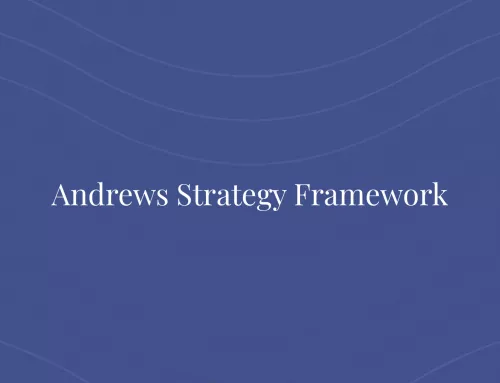Companies that choose to adopt the focus strategy are taking a deliberate risk. By engaging a specific demographic, many of which are often under-served, the company can captivate an increasingly loyal pool of consumers. Unfortunately, catering to only a select group of people might prove unattractive to those outside the group. Thus, these companies become almost solely dependent on the spending habits of a very small percentage of people.
Companies that use focus strategies concentrate on particular niche markets. By understanding the dynamics of that market and the unique needs of customers within it, the companies can develop uniquely low-cost or well-specified products for the market. Because they serve customers in their market uniquely well, they tend to build strong brand loyalty among their customer base. This makes their particular market segment less attractive to competitors.
Variants of focus strategy
Within the focus strategy, there are two distinct variants:
- Cost Focus: Here, companies are looking to find a cost advantage in their intended market segment
- Differentiation Focus: These companies work to find a unique market niche to maximize efforts & profits
Here, cost focus means emphasizing cost-minimization within a focused market. Differentiation focus means pursuing strategic differentiation within a focused market. Regardless of the specific variant, focus is all about balancing the relationship between production costs and delivery. Focusing on cost helps find those markets where costs are optimal, while differentiation emphasizes the buyer’s unique needs.
Porter specifically warns against trying to hedge your bets by following more than one strategy. One of the most important reasons why this is wise advice is that the things you need to do to make each type of strategy work appeal to different types of people. Cost Leadership requires a very detailed internal focus on processes. Differentiation, on the other hand, demands an outward-facing, highly creative approach.
Benefits
The premise is that the firm can better service the needs of a group by focusing entirely on it. A firm using a focus strategy often enjoys a high degree of customer loyalty, and this entrenched loyalty discourages other firms from competing directly. Because of their narrow market definition, firms pursuing this strategy have lower volumes. This translates to less bargaining power with their suppliers. However, firms pursuing a differentiation strategy may pass on the higher costs to customers. Usually, close substitutes to the firm’s products do not exist.
Every company must look at the entire market from their unique perspective to choose an appealing market segment for its product and decide the most effective way to dominate that market.




